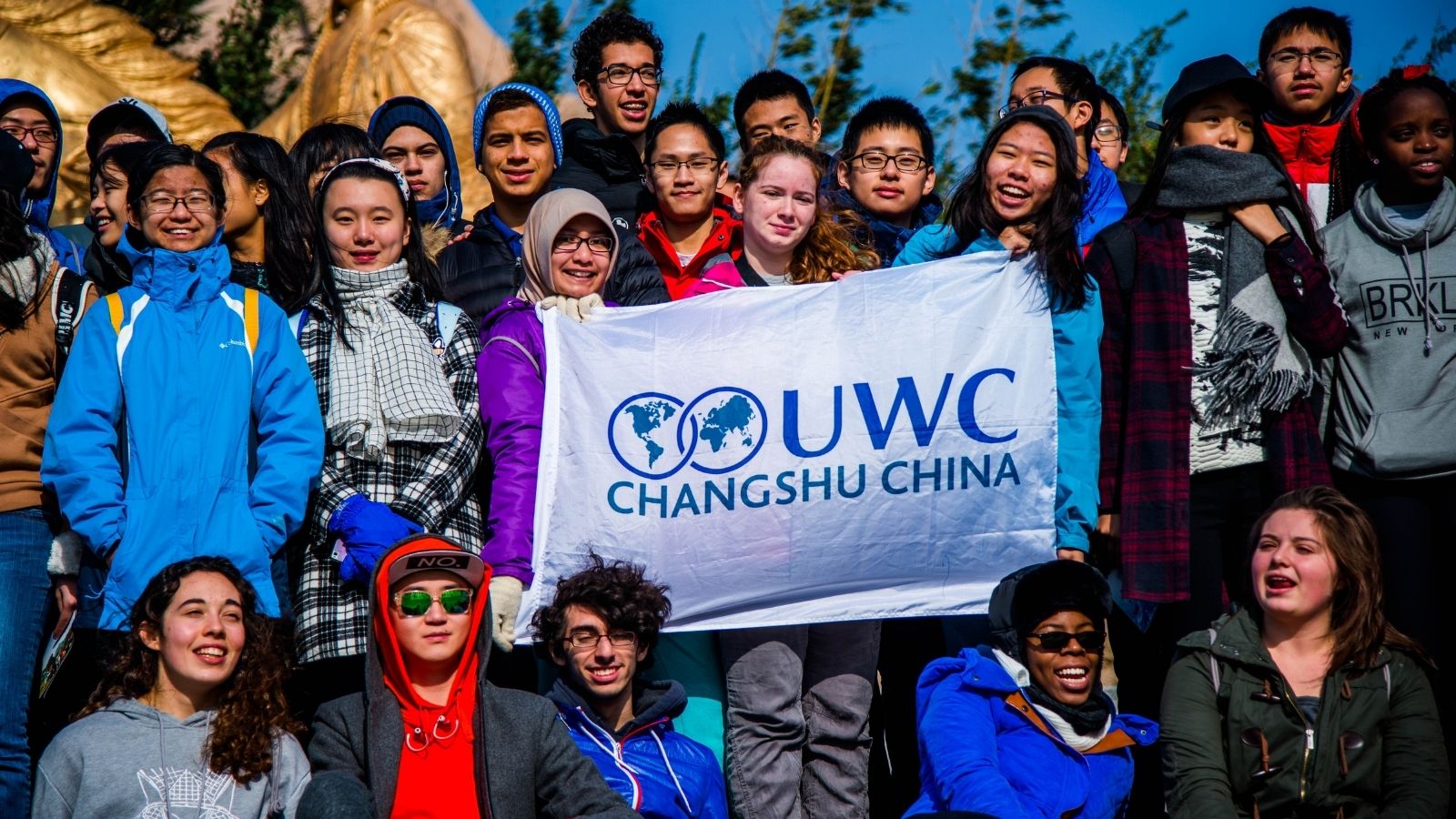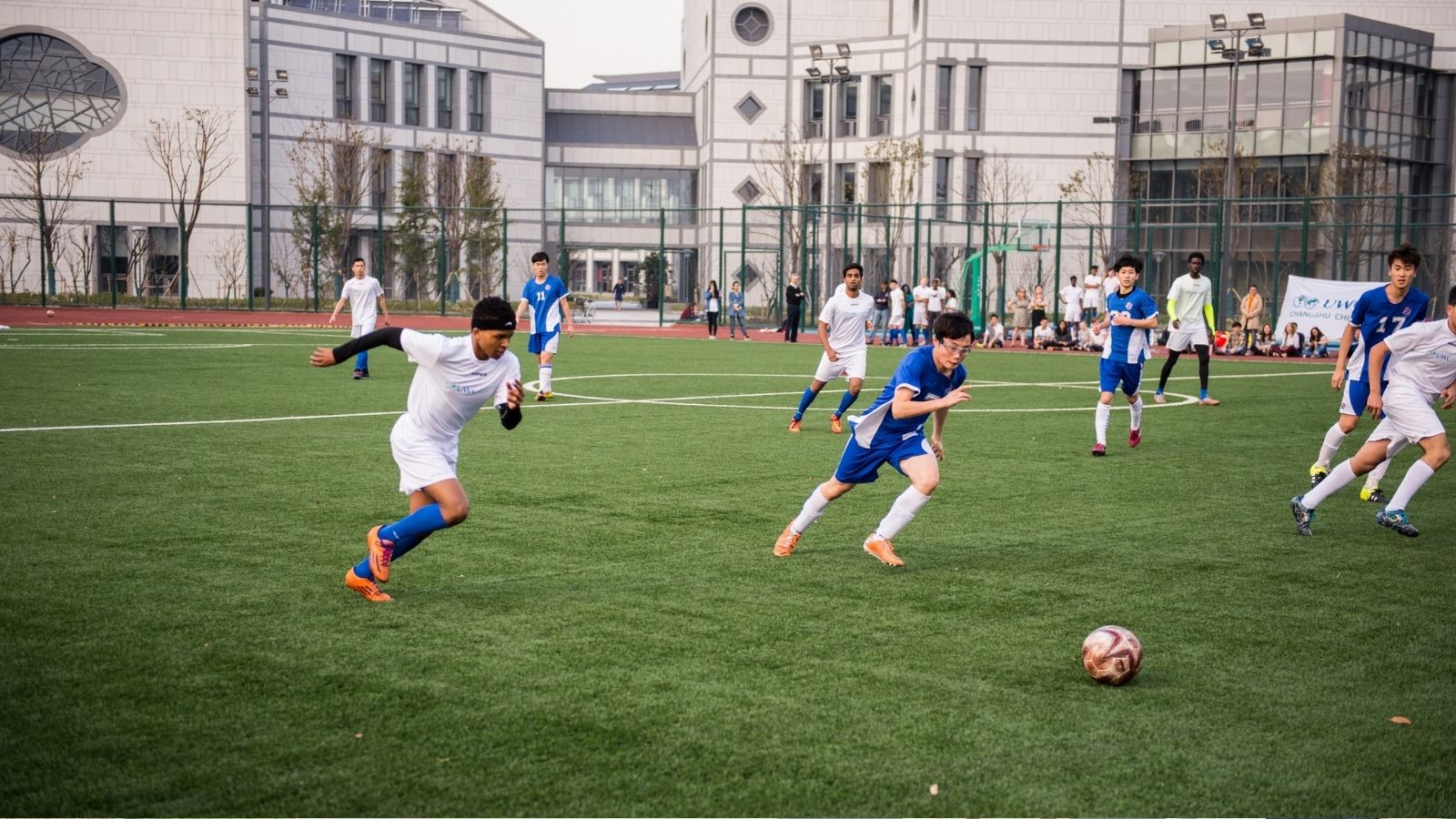UWC Changshu
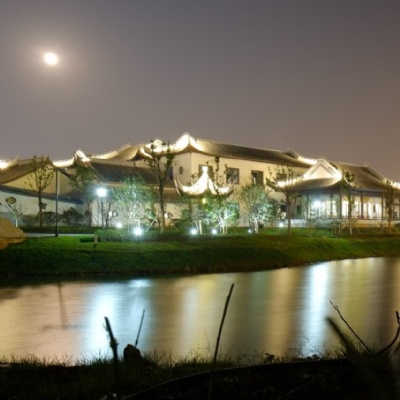
Changshu, China
- 620 students, aged 15 to 19
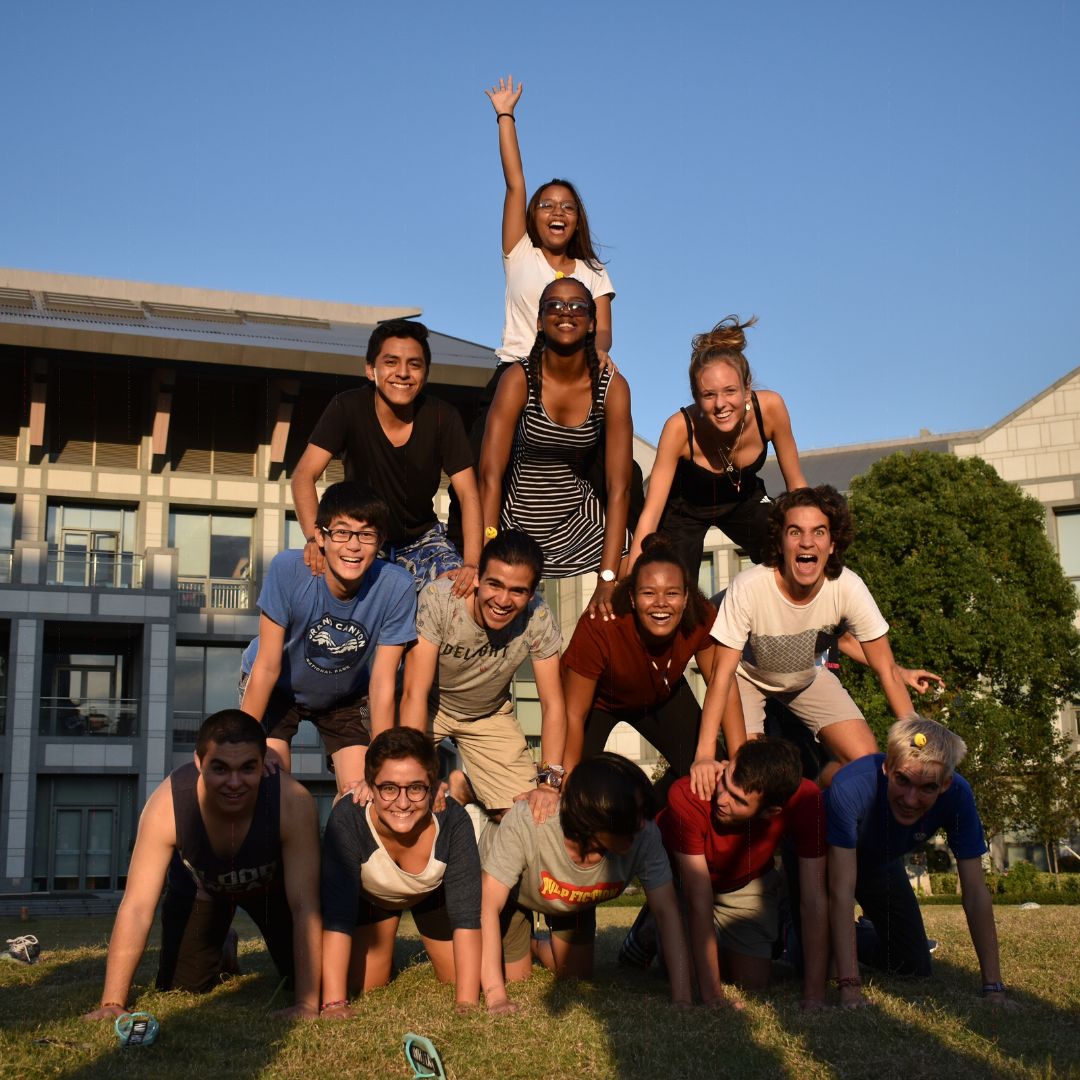
- Founded - 2015
UWC Changshu China (UWCCSC) was founded in 2015 as the first UWC on the mainland of China through the initiative of a UWC alum, Mark Jiapeng Wang. Since its opening, the College has grown considerably and is today home to 620 students. UWC Changshu China consists of Grades 10, 11 and 12 (also known as the pre- IBDP and IBDP years) with most international students attending UWC CSC for Grades 11 and 12.
Three unique features:
Chinese Culture: Every student will take at least one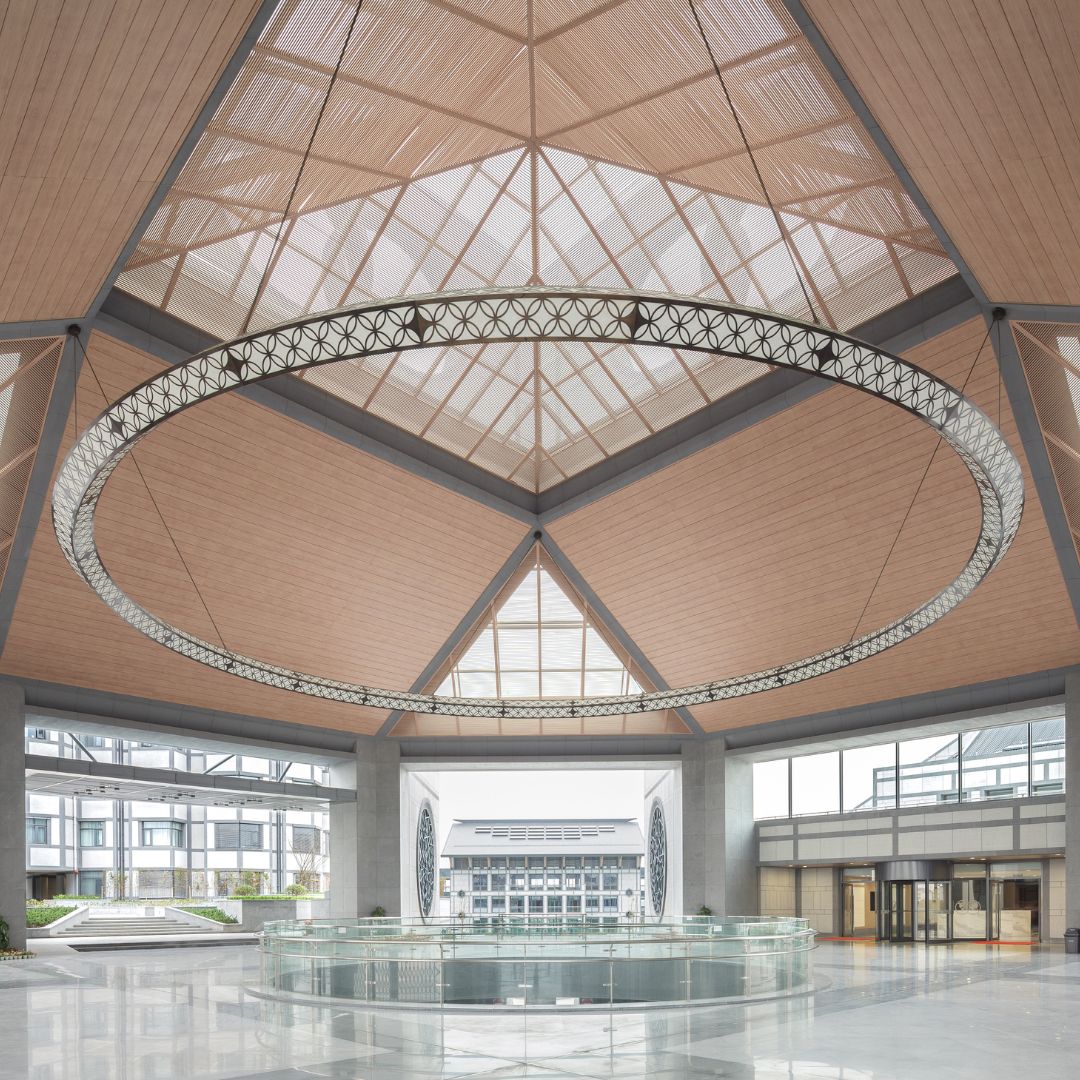 Chinese course, be it language, literature, or culture, creating an immersive environment of Mandarin Chinese as well as a rich Chinese cultural context to support teaching and learning. Meanwhile, the Zhi Xing program (“learning by doing”) enables the exploration of Chinese culture through interactions with the wider community.
Chinese course, be it language, literature, or culture, creating an immersive environment of Mandarin Chinese as well as a rich Chinese cultural context to support teaching and learning. Meanwhile, the Zhi Xing program (“learning by doing”) enables the exploration of Chinese culture through interactions with the wider community.
Youth Leadership: Many of the Zhi Xing activities have student leaders, who use their knowledge and experience to help their classmates to excel in these activities, acting as positive role models for their peers whilst also challenging themselves.
Environmental Stewardship: Students participate in activities such as recycling, organic farming, and wetland protection, making a positive impact in the community.
Academic curriculum
Our students follow the International Baccalaureate Diploma Programme (IBDP), which is made up of three core components and six subject groups. At UWC CSC students are encouraged to explore Chinese culture in the context of dialogue between "people, nations and cultures," building bridges and improving understanding.
Average class size: 20 students
The Pre-IBDP (foundation) Programme
UWC Changshu China offers a Pre-IBDP Programme for Grade 10 students as well as the International Baccalaureate Diploma Programme (IBDP) curriculum. The Pre-IBDP Programme aims for students to acquire the skills and knowledge needed for successful entry into the IBDP programme.
International Baccalaureate Diploma Programme
Core components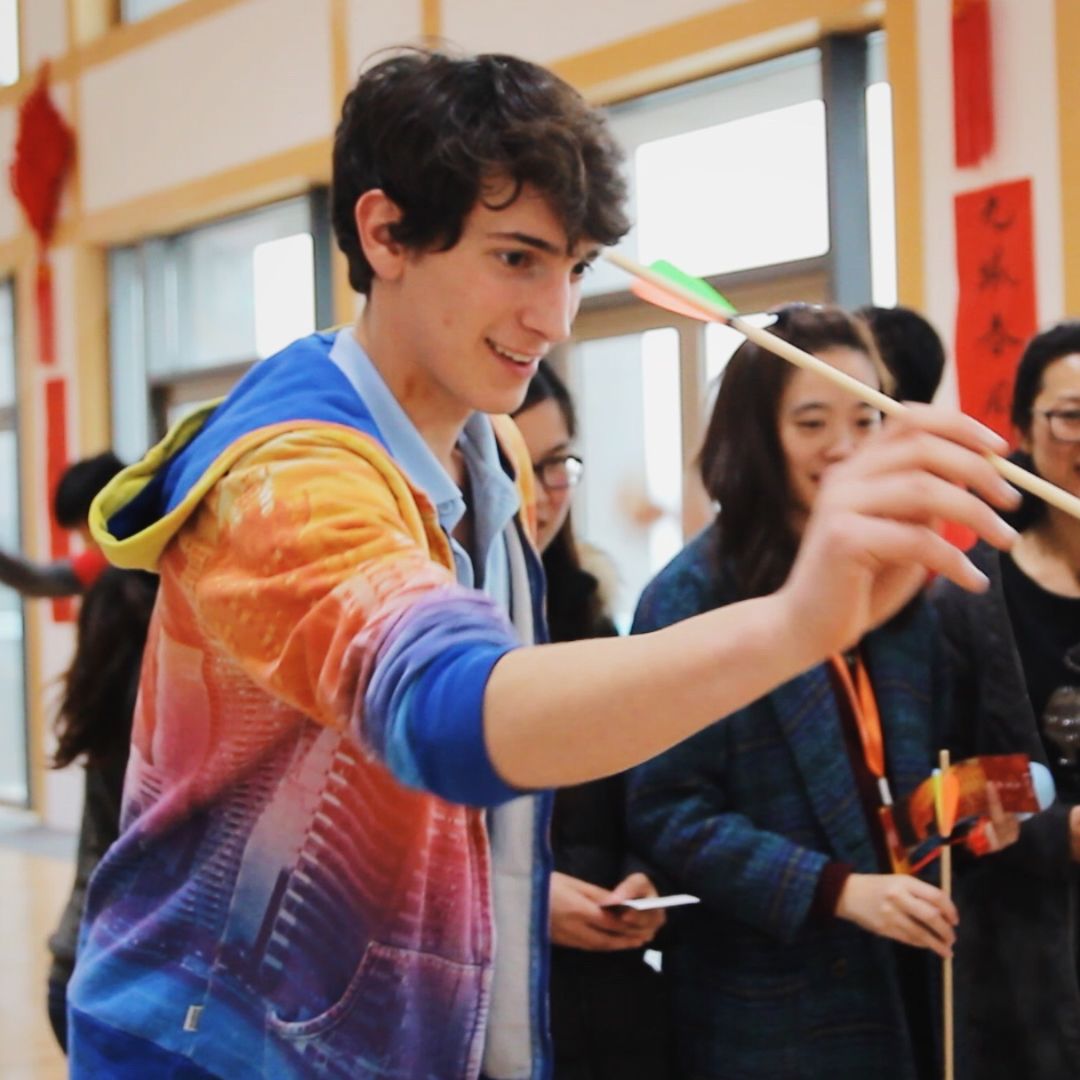
- Theory of Knowledge: students reflect on the nature of knowledge and on how we know what we claim to know.
- The Extended Essay: an independent, self-directed piece of research, finishing with a 4,000-word paper.
- Creativity, Activity, Service (CAS): students take part in a range of experiences and at least one project.
Subjects
- Studies in language and literature: Chinese
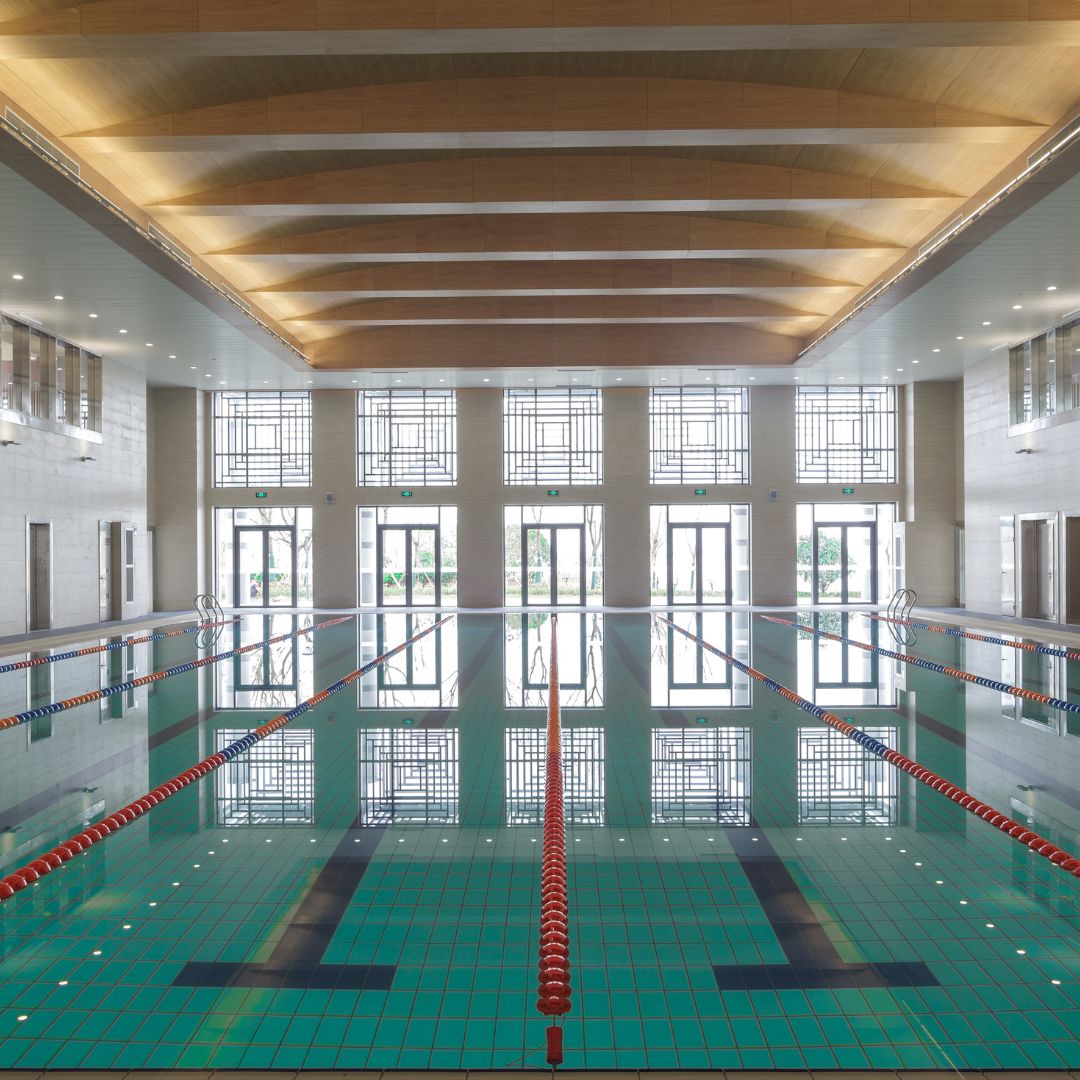 Literature, Chinese Language & Literature, English Literature, English Language & Literature, School Supported Self-Taught
Literature, Chinese Language & Literature, English Literature, English Language & Literature, School Supported Self-Taught - Language acquisition: Chinese B, English B, French Ab Initio, French B, German Ab Initio, German B, Spanish Ab Initio, Spanish B
- Individuals and societies: Economics, Environmental Systems & Societies, Geography, History, Philosophy, Psychology
- Sciences: Biology, Chemistry, Physics, Design Technology, Computer Science, Environmental Systems & Societies
- Mathematics: Mathematics: Analysis and Approaches; Mathematics: Applications and Interpretation
- The arts: Music, Film, Theatre, Visual Arts
Co-curricular
All students at UWC complete a co-curricular programme called Creativity, Activity and Service (CAS) - an integral part of the IB qualification. Students get the opportunity to choose a physical, a creative and a social service activity.
Physical activities:
- Football
- Volleyball
- Basketball
- Tennis
- Badminton
- Yoga
- Swimming
- Kayaking
- Cycling
- Sailing (keelboats and Zest)
- Climbing
- Table Tennis
- Frisbee
- Archery
- CSC rescue
Creative Activities:
- Model United Nations
- Yearbook
- Music
- Orchestra
- College Choir
- World News
- GIF
- English Debate
- Chinese debate
- Girls Coding
- Fashion
- Creative Writing Across Media
- Gardening
- Bird
- Conservation
- Dragon Dance
- Lion Dance
- Chinese Performing Art
- CSC Big Band
- Polyphonic
- Hip Hop Dance
- Theaomai theatre
- China Band
- Mock Trial
- Entrepreneurship
- Misland Periodic Office
- CSC Community
- Cinematography Program
Social service:
- PVO
- Math Circle
- ULAB
- History Bee
- HOPE
- New Chapter: Library Committee
- PSYCHO-PHILO
- Econ & Fin Society
- Children of star
- Peer Supporter Group
- Them
- ASAP
- Life Tracing
- FRC
- U-SCRIPT
- THINKERS
- Tech Crew
- Media Group
- The CSC Occurrences News
- TEDx
- Plastic 0%
- A Drop of Kuncheng Lake
- Eco-warriors
- One Room
- HEALF
- Chiwise
- Linguistics
- Spectrum
- Bye-Binary
- SAWA-Share Art with All
Facilities and residences
UWC Changshu is a newly built, state of the art school. It was designed by a protégé of renowned architect I.M. Pei. The campus is impeccably landscaped in the style of a traditional Chinese garden and is situated on the edge of the Kuncheng Lake, with our own harbour where sailing, kayaking, paddle boards, dinghy and Dragon Boats are berthed.
Facilities
- Medical Centre
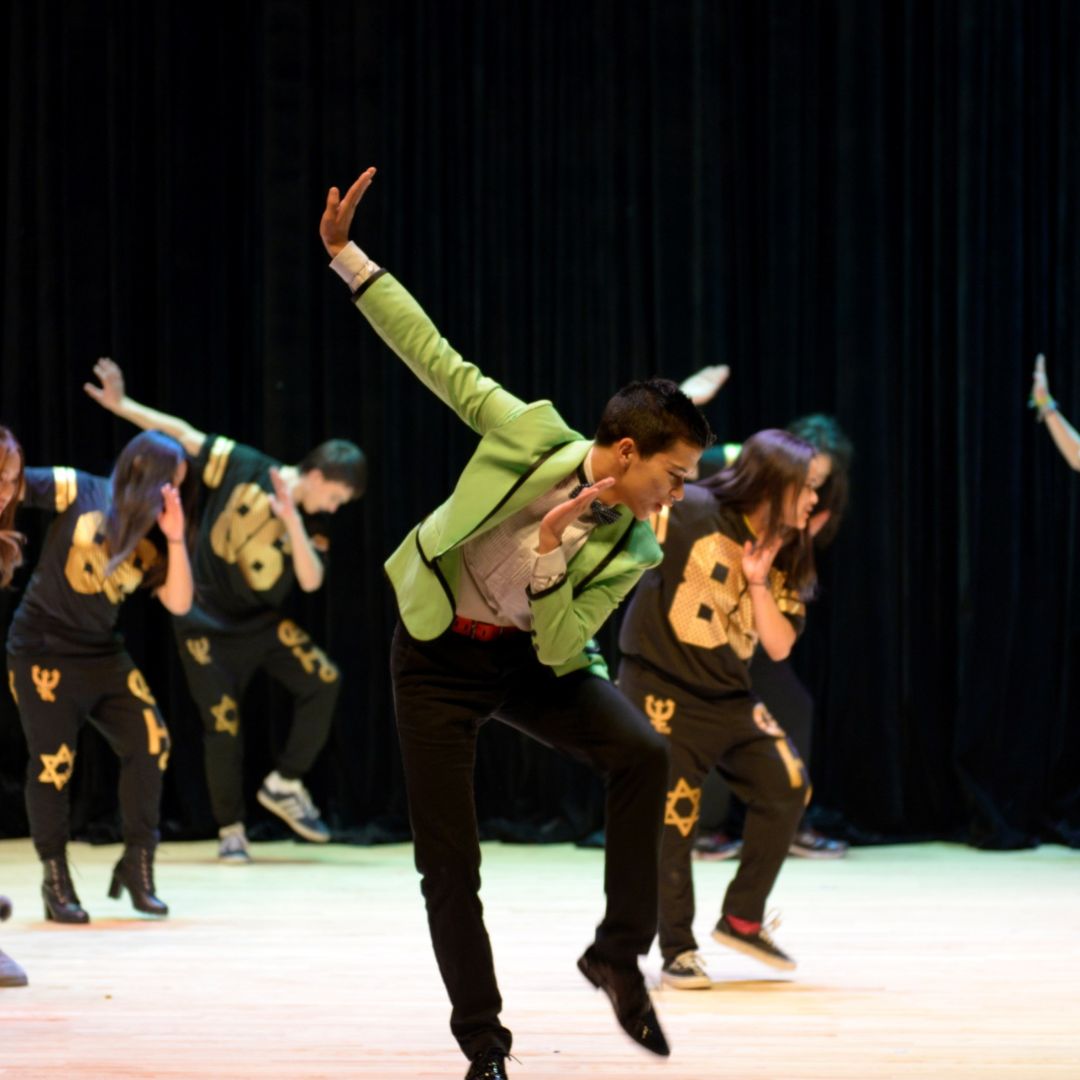
- Theatre
- Indoor swimming pool
- Gym
- Football pitch
- Basketball courts
- Tennis courts
- Art Centre
- Design studio
- Music Room
- Black Box
- Water sports on Kuncheng Lake (sailing, kayaking, Dragon Boats, Stand Up Paddleboarding)
- Wellness centre
Residential accommodation
Each room has four students, accommodated in houses of around 50 students. Each student has a bed, a desk with a window view and a wardrobe. The common rooms serve as spaces for students to study, relax and enjoy each other's company. The UWC Diploma Programme students are accommodated on the main campus in 11 student houses, supported by a Head of House and advisors.
UWCCSC can place students with host families during extended holidays and help to provide options over winter breaks.
Wellbeing support
Medical provisions
- Six full-time nurses
- Health centre
- Four social and emotional wellbeing counsellors
- Agreements with local and regional hospitals.
Academic and emotional wellbeing
The school supports students’ academic and emotional wellbeing through:
- Four social and emotional counsellors available to all students that seek help
- A student-led and faculty-supported peer counselling programme
- Each residence group (aka "House") of roughly 50 students has one house mentor (aka "Head of House") and approximately seven advisors per House.
- Every adult on campus is a member of the pastoral care programme, and each has assigned duties such as evening check. All members assist outside of assigned pastoral care responsibilities.
